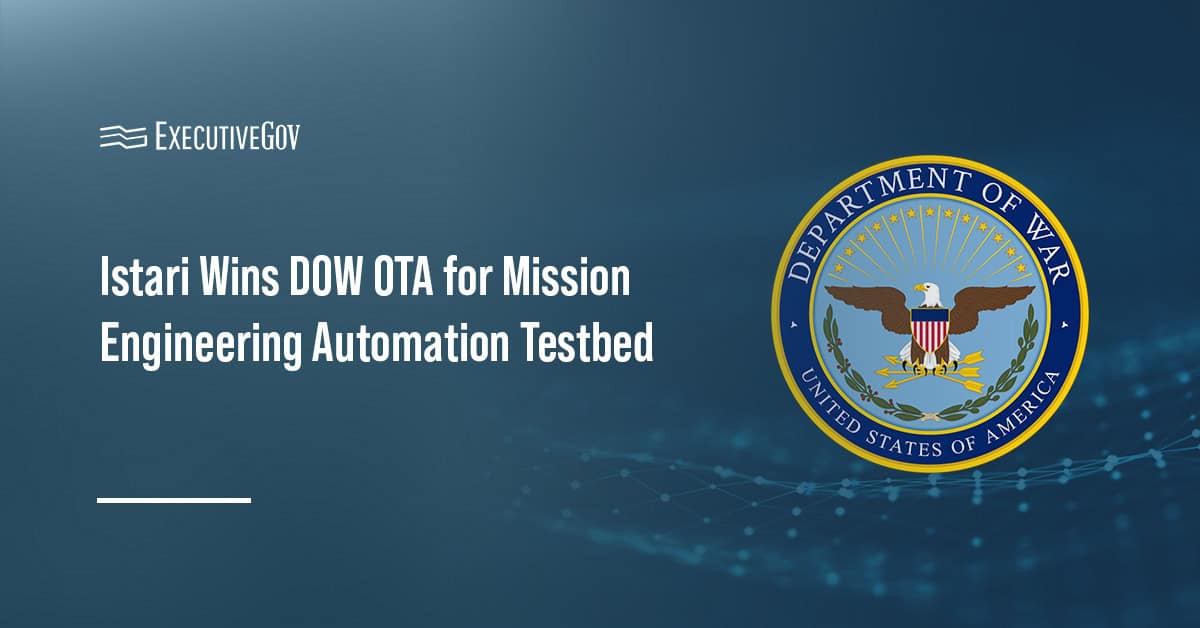
Sens. John Thune, R-S.D., Mark Warner, D.-Va. and a three-time Wash100 Award recipient, and Deb Fischer, R.Neb., have unveiled a bill to require the U.S. government's executive branch to maintain the security of communications networks.
The Network Security Trade Act will modify the 2015 Trade Promotion Authority and work to address security gaps in supply chains and communications systems, the office of John Thune said Thursday. The bill will also respond to issues concerning unfair practices of communications equipment suppliers in trade agreements.
“This legislation would ensure the security of equipment and technology that create the global communications infrastructure are front and center in our trade negotiations, because you can’t have free trade if the global digital infrastructure is compromised,” said Thune.





